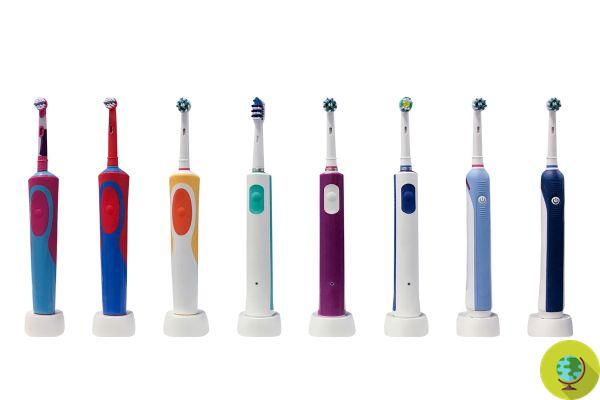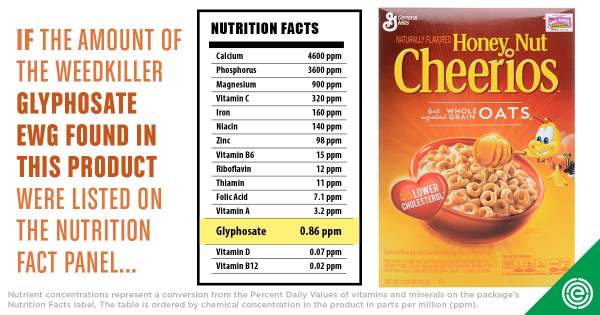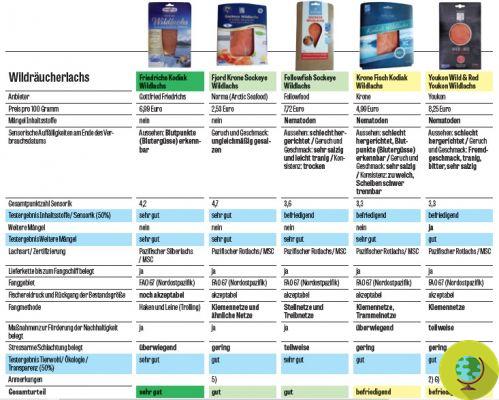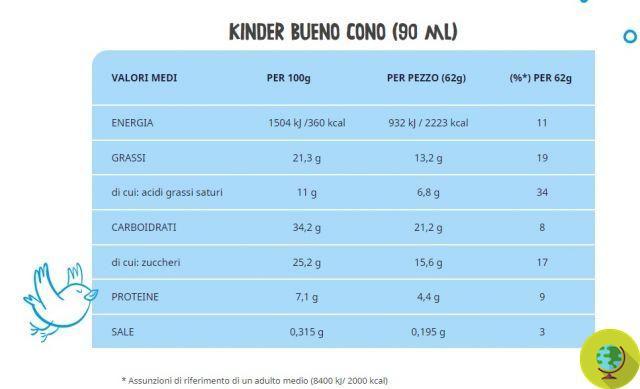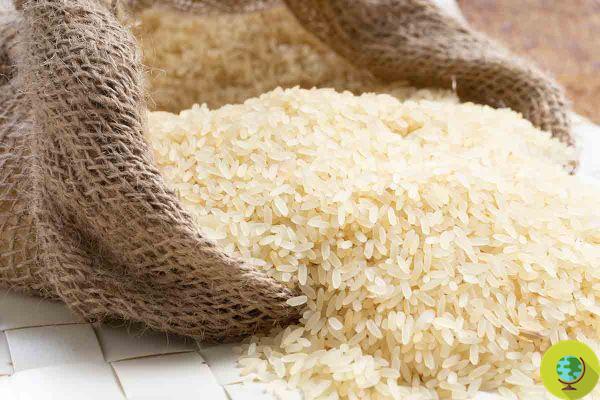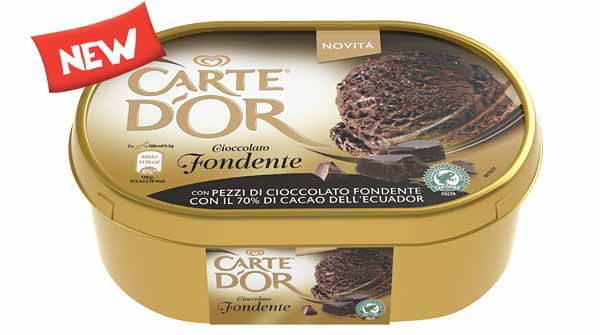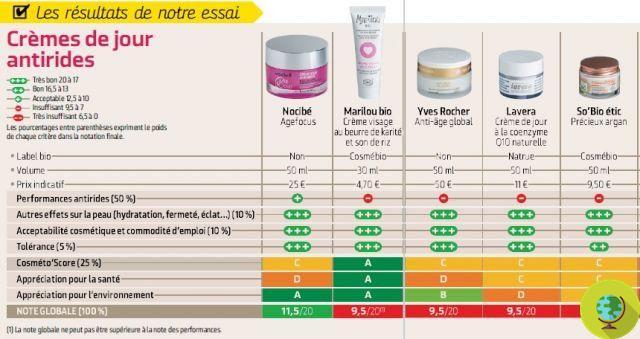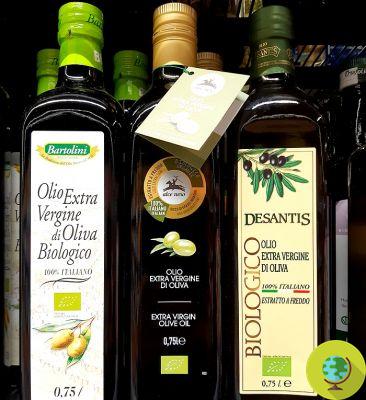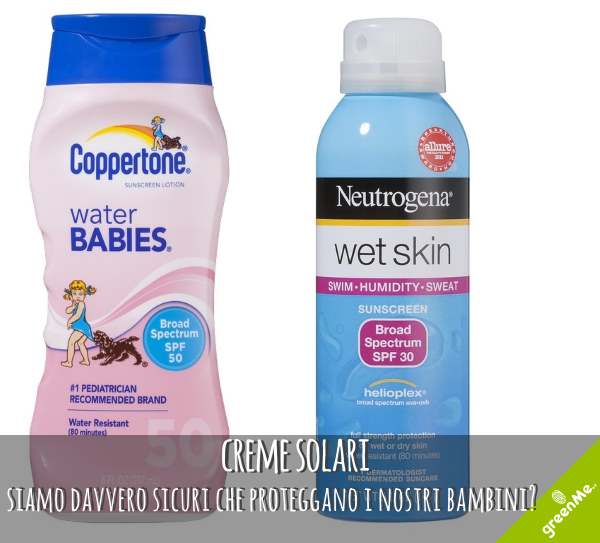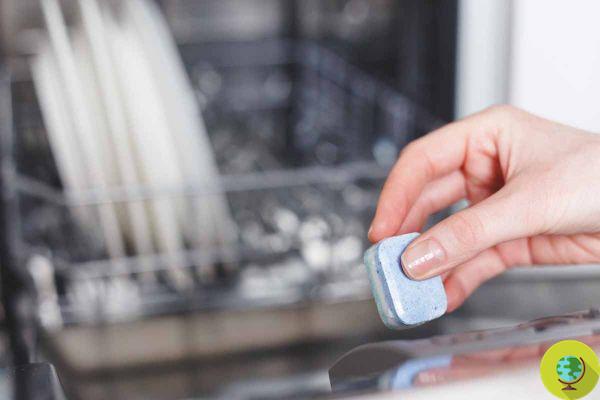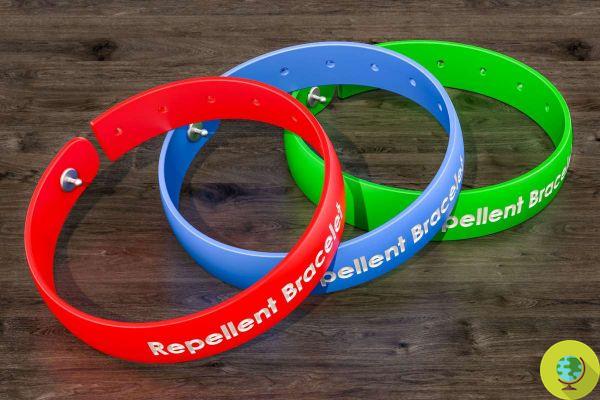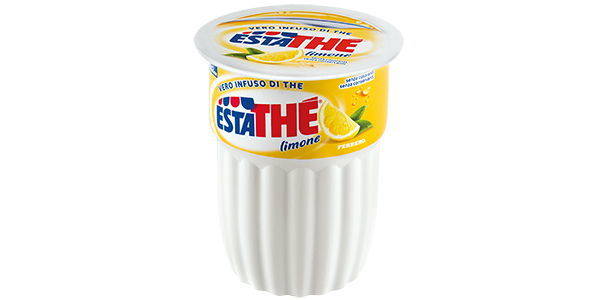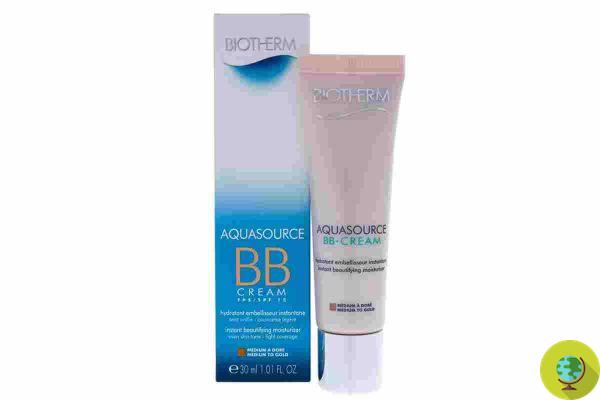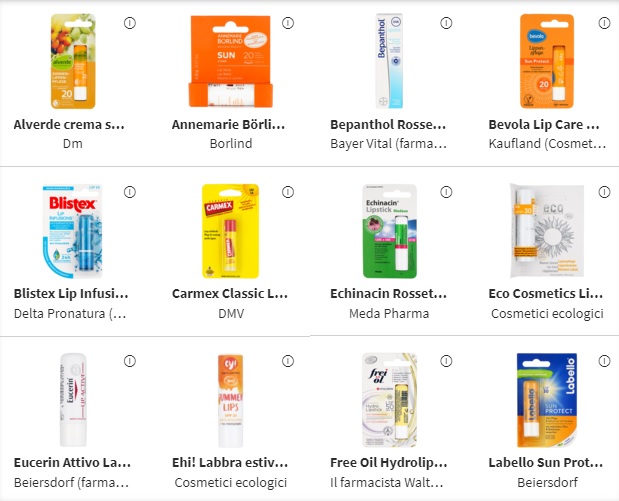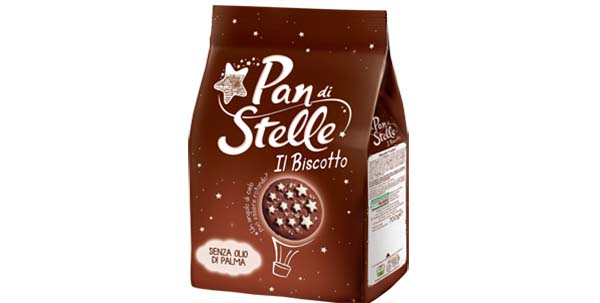A test on roasted and salted peanuts or peanuts showed that none of the samples contained aflatoxins but mineral oils are present
Don't store avocado like this: it's dangerousRoasted and salted peanuts are among the most popular snacks but can they contain controversial substances? To find out, the magazine Öko-Test analyzed several packages of "peanuts".
A test conducted in Germany compared 21 brands of roasted and salted peanuts, of which 16 are grown conventionally and 5 are organic. These are typical products of the German market but some of which are also found in our country.
All peanut samples were laboratory tested for the presence of mold carcinogenic toxins (aflatoxins), problematic heavy metals such as lead, cadmium and mercury but also to signal contamination with mineral oil components.
The results
Most of the products (16) come out well in the test and are therefore recommended by the German experts as "very good". As always, however, the presence of some controversial substance was also highlighted.
In the case of peanuts, some brands were found to contain traces of mineral oils, more precisely saturated mineral oil hydrocarbons (MOSH) for which, the German experts write:
There is no legal limit in food, only the stated goal of keeping contamination as low as possible as a precaution.
MOSHs tend to accumulate in organs such as the liver, however it is not yet clear whether this will have any long-term health consequences.
Alnatura brands, Yes! and Rewe, all typically German references, contained them in levels defined as "slightly increased" but also in other peanuts they were found in small traces.
Öko – Test writes about it:
It is necessary to address the problem, identify and eliminate the sources of contamination during collection, production or transport. Components of mineral oil can, for example, come from lubricating oils in production plants.
But there is also a good news. Often in the case of peanuts we talk about the problem of the possible presence of dangerous mycotoxins, in particular of aflatoxins.
These substances are formed mainly in a hot humid climate and are sometimes carcinogenic. Fortunately, in the test no aflatoxins were detected in any peanut packets tested.
Heavy metals such as lead or cadmium were also not found in the peanut samples analyzed.
In the following infographics you will find the brands that have achieved "very good". Among these are the Alesto peanuts sold by Lidl.
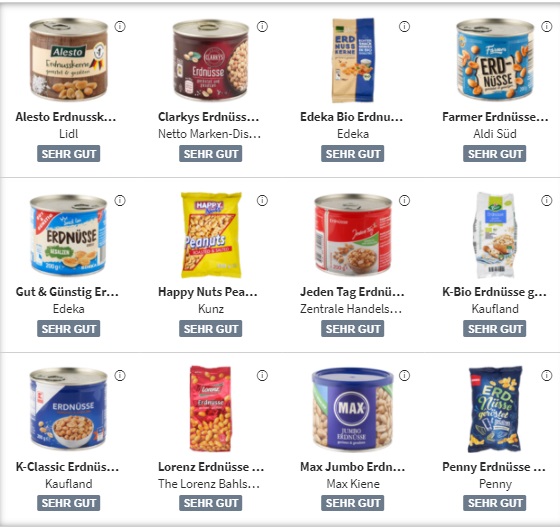

Among the products they get good there are the Rapunzel organic peanuts.
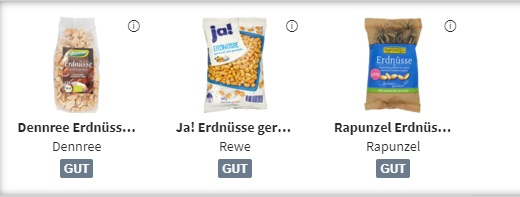
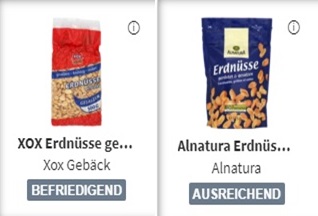
Beyond the results, the magazine's experts recall an important detail: peanuts are calorie bombs, 100 grams of peanuts provide our body with about 600 calories but also provide important minerals such as magnesium. They also have a high protein content, which makes them especially interesting for vegetarians or vegans.
Il salt content, however, it really is very high and, as the test found, in most cases significantly higher than stated on the packaging.
Considering all this, the advice is to consume peanuts in moderation, preferably in the salt-free version.
Important information is missing on some packages
Öko – Test reports a serious deficiency on some packets of peanuts. Labels should warn of a possible choking hazard, particularly for young children.
Since 2009, not surprisingly, the Federal Institute for Risk Assessment (BfR) has recommended manufacturers to inform about the dangers of peanuts directly on the package. However, the warning is not legally binding, despite this the warning is found on most cans and bags of peanuts (but in 4 test products it is missing).
Follow us on Telegram | Instagram | Facebook | TikTok | Youtube
Fonte: Eco-Test
Read also:
- HOW TO GROW PEANUTS IN POTS
- NUTS AND PEANUTS: HALF EVERY DAY TO REDUCE THE RISK OF GETTING SICK
- NUTS AND PEANUTS DO WELL: ALL THE STUDIES THAT PROVE IT




